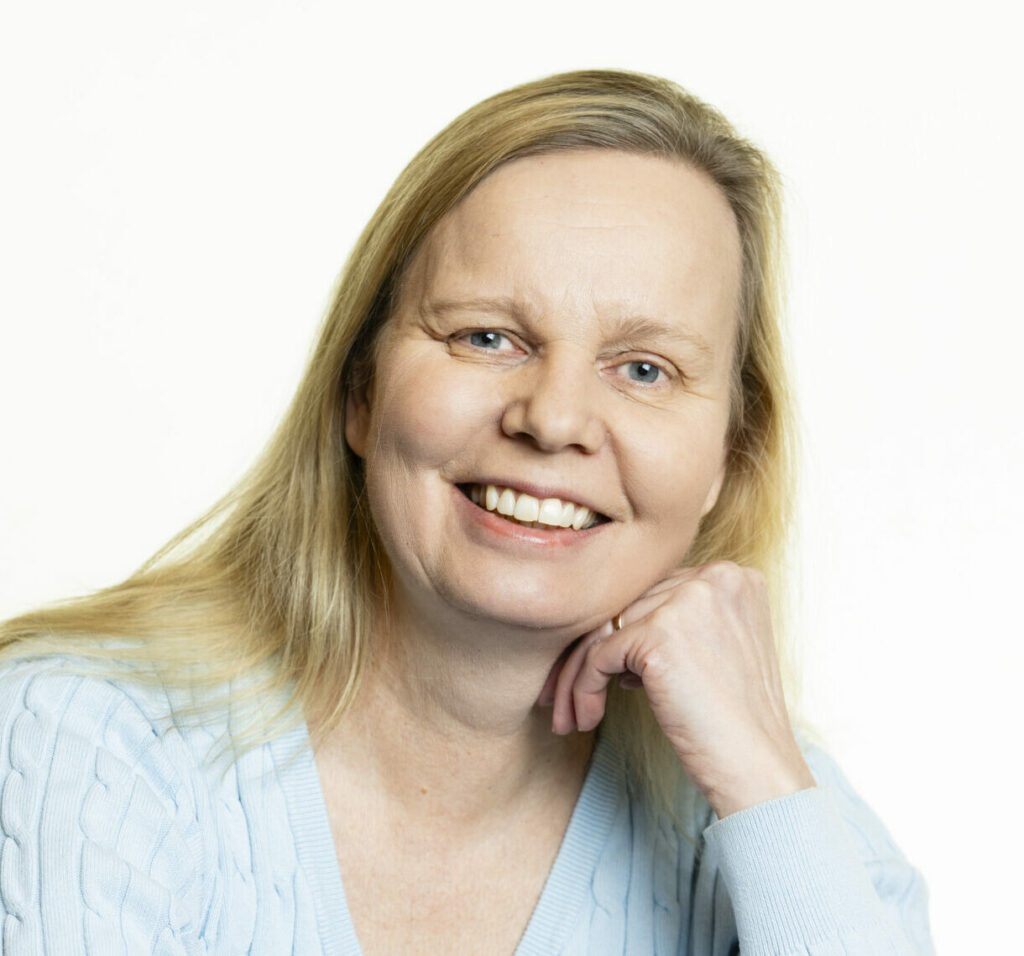Kati Kulovesi: “Climate change and human rights are linked”
Professor of International Environmental Law Kati Kulovesi is a specialist in climate law. She monitors climate regulations and law enforcement in the EU and in Finland, and a current topic of interest is the European Court of Human Rights’ position on what climate actions countries should take.
Kati Kulovesi, professor of international environmental law at the University of Eastern Finland, has enjoyed a career that has gone hand in hand with developments in international climate law. She started following UN climate negotiations early on, back in 2004. Since the 2015 Paris Agreement on climate change, her attention has shifted more to climate law in the European Union and its Member States.
“In the EU, climate law issues have developed at an unprecedented pace over the last decade, and keeping track of them is quite the task,” says Kulovesi.
In her view, researchers have the opportunity to influence matters such as the content of climate legislation and how it is applied.
“Researchers also network effectively. For example, as many countries in Europe are considering how to regulate their climate actions, ideas and models are spreading rapidly from one country to another. Finland’s climate framework model was also inspired by a corresponding model from the UK in 2008.”
Linking climate change to human rights
Kulovesi brings climate law expertise to the Finnish Climate Change Panel. She has worked on issues such as the UN climate agreements and how climate-related legislation, science panels and litigation work in the EU and individual countries.
“It also highlights how the link between climate change and human rights works and what is required of climate regulation if it is to be compatible with human rights treaties.”
The issue of human rights came to the fore recently when the European Court of Human Rights in Strasbourg ruled that the Swiss government had violated human rights by failing to enact adequate national legislation to combat climate change.
“The Court took a position on the criteria for adequate climate regulation. According to the ruling, countries must have a long-term – and preferably binding – carbon neutrality goal, intermediate milestones and possibly even an emissions budget. Furthermore, countries must take steps to achieve this goal and ensure that the general public has access to information and the means to participate.”
“The Court’s decision also has implications for Finland, i.e. the legal framework within which Finland’s climate policy operates and whether it is in line with all the requirements.”
The drop in the ocean argument does not hold water
Kulovesi has been following Finnish public discourse on climate change and has noticed a change in it.
“Early in my career, there was talk about whether climate change was real and whether we should do something about it. Nowadays, the discussion has moved more to whom actions are targeted at and who should be paying.”
“In many discussions, the idea that we don’t need to do anything because our emissions are a ‘drop in the ocean’ is raised. The Swiss government also tried to present this idea to the Strasbourg Court of Human Rights, but the Court did not agree. According to the Court, each state must do its fair share.”
Kulovesi would like to see more discussion of the rights of children and future generations. Unless the current emissions trajectory is significantly reversed, future generations will have to live with difficult and unpredictable weather conditions and catch up on shortcomings in the emissions reductions of previous generations.
“There is a strong sense of injustice here. It could be enlightening to discuss what kind of world we are leaving our children with. I doubt anyone wants a terrible future for our children.”
Substantial progress in ten years
Nevertheless, Kulovesi is pleased that there has also been progress on climate issues in recent years.
“My opinion is not one of forced optimism – much more has actually happened in the last ten years than I could have imagined.”
“For example, we have the Paris Agreement, which would have seemed like a completely utopian achievement at the Copenhagen Climate Change Conference in 2009.”
“As a result of the Paris Agreement, global warming projections are no longer four degrees Celsius, and are instead less than three. It’s not perfect, but it’s significant. This shows that if you want it, you can do it.”
In her free time, Kulovesi enjoys spending time in the countryside and the forests of Koli. At home, she relaxes by walking her dog in the forests. Horses have also been an important part of her life since childhood.
“Even today, I go to the stables with my family to stroke the ponies and enjoy some riding. Ponies and horses are great for getting your thoughts away from work.”




